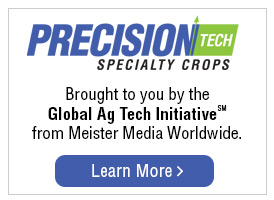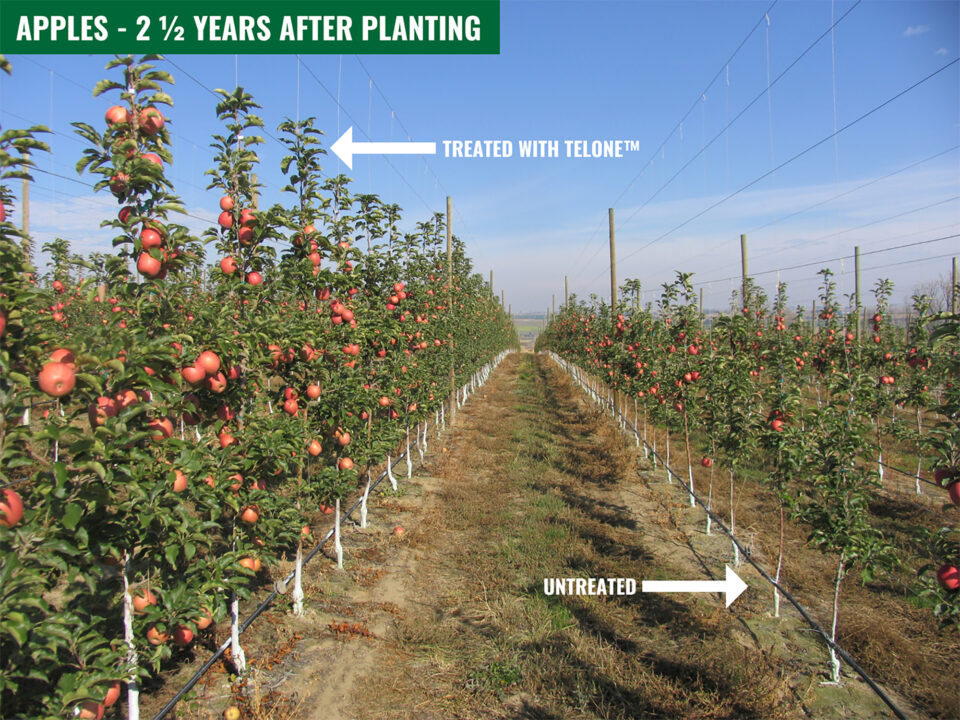Opportunities Abound in Using the Cloud To Connect Farmers With Consumers

Cloud computing technology is moving the agriculture industry beyond on-farm connectivity to data interoperability from the farmgate all the way to the end consumer. This key topic was discussed at the recent VISION Conference during the session “Cloud Computing Connecting Farmers to Consumers.”
In this article from GlobalAgTechInitiative.com, Jan Johnson of Millennium Research shares insight from the session’s panelists.
“The Cloud” has become an easy short-hand answer for almost every complex digital question. But what is it really, and how will it help farmers, consumers and everyone in between?
Well, the cloud may not quite be the easy button everyone hopes for, but it is an “easier button,” providing essential functions on the platform you choose, such as Amazon, Microsoft, or Google. It provides the technical part of computing, so that their customers, whether they are consumer packaged goods (CPG) giants or individual farm operators, can concentrate on solving the unique problems they have.
Cloud computing offers a platform that is available to everyone, collects data from disparate places, and stores the data in a space accessible from anywhere with internet. The new demands for sustainability and traceability, more precise tracking and recording of chemical and fertilizer applications, and greater efficiency throughout the food system, in addition to the complexity that already exists in the food chain, means that the cloud can be the go-to solution to connect all the dots, from the field to the kitchen table.
Aaron Hutchinson, Co-Founder and President of CropTrak, has been one of the innovators in using cloud solutions to maximize efficiency in fresh produce. In 2009, Hutchinson, using his background in military technology, knew that cloud computing could be used to integrate communication and data throughout the food supply chain to not only increase optimization and speed, but also to meet new government standards set in the food safety traceability rule, signed in 2011 and goes into effect in 2023. This rule mandates a 24-hour, end-to-end supply chain digital tracing response. This means an almost immediate and transparent digital record of everything that transpires in growing, processing, transporting, and manufacturing food items.
“Food companies want to make money. So we’re really worried about: do we need to move things around a logistics perspective so that we end up with good profitability. We’re looking at how things are being processed, making suggestions on how you can do better, be more efficient,” he says. “As an added benefit, If you don’t throw that produce away, then you don’t waste water, nitrogen, land, energy. We want to help our clients be good stewards of the world.”
For more, continue reading at GlobalAgTechInitiative.com.









